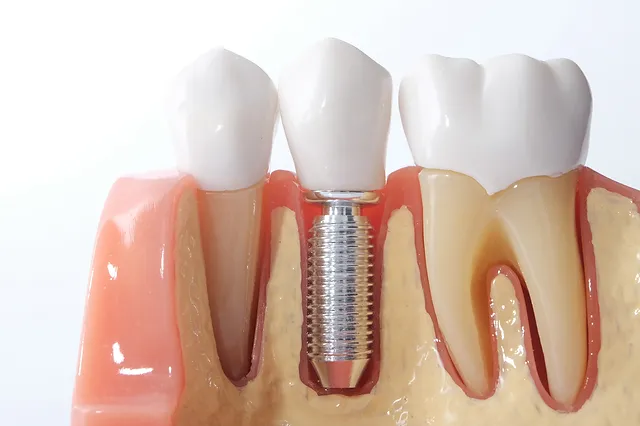The Different Types of Oral Surgery Explained

Oral surgery is a broad term for any operative procedure performed on your oral or facial structures, including teeth, gums, and jaw. Your dentist might recommend The Woodlands oral surgery for various reasons, including if you have impacted teeth, severe tooth decay, gum disease, missing teeth, oral cancer, and sleep apnea. Oral surgery includes a wide range of procedures, such as:
Tooth extraction
Tooth extraction is the most commonly performed procedure in a dentist’s office. You may need an extraction if you have periodontitis, severe tooth decay, dental trauma, or wisdom teeth complications. Sometimes extractions are necessary to prepare you for prosthetic devices like dentures. While dentists prefer to save natural teeth when possible, sometimes an extraction is the only way to preserve your overall oral health. Many dentists recommend wisdom tooth extraction to lessen the risk of cavities, bone loss, and other possible complications.
Dental implant surgery
Dental implants are a permanent tooth replacement option that also restores natural stimulation. They are small screw-like metal posts that an oral surgeon embeds in your jawbone surgically to replace missing teeth roots. The implants take about four months to fuse with your natural jawbone, eventually becoming part of your mouth. Once the implant tooth heals, your dentist can use artificial teeth like crowns, bridges, or dentures. Dental implant surgery is an excellent option for individuals in good health; medical problems like uncontrolled diabetes and heart disease can cause complications like poor healing and infection.
Sleep apnea surgery
Obstructive sleep apnea is a disorder that occurs when the tissues in the back of your throat relax, blocking your airway during sleep. Usually, healthcare providers recommend conservative methods like oral appliance therapy as the first line of treatment. However, surgery may be an option if sleep apnea symptoms don’t improve with non-operative treatments.
Periodontal surgery
If you have moderate to severe periodontitis, your specialist may recommend surgery to improve your oral health. During periodontal surgery, your specialist makes incisions along the gum line and temporarily moves tissue back away from your teeth. They will clean your teeth roots, eliminating plaque and bacteria buildup beneath your gums. Once your roots are clean and bacteria-free, the surgeon repositions the gum tissue and sutures it into place.
If you have gum recession due to periodontitis, you may also need a gum graft to reinforce the lost tissue with donor tissue. Your surgeon may extract this tissue from the roof of your mouth or purchase it at a certified tissue bank.
Cleft lip and palate repair
A baby may be born with a cleft lift, cleft palate, or both conditions. Babies with a cleft lip have an opening in their upper lip, while for babies with a cleft palate, the gap is in the roof of their mouth. These problems occur when the facial structures don’t fully develop in the womb. The good news is that cleft lip and palate repair restores normal eating function and helps a child develop good speech patterns in the future; oral and maxillofacial surgeons perform this procedure.
Oral surgery can ease painful symptoms and improve your oral health. For further questions about oral surgery, consult your specialist at Scott Young, DDS.







